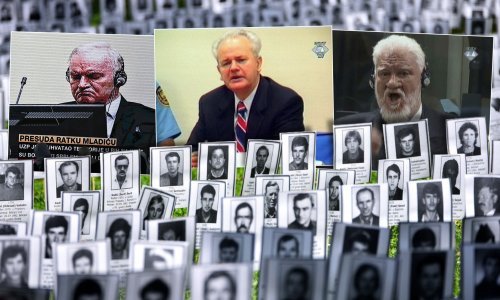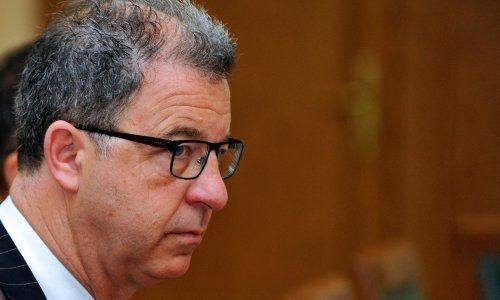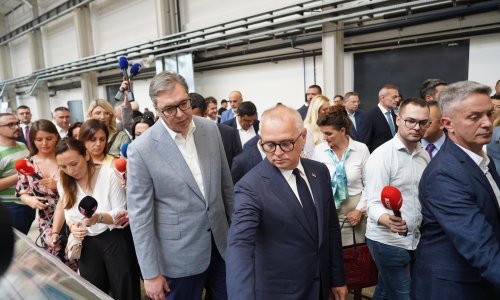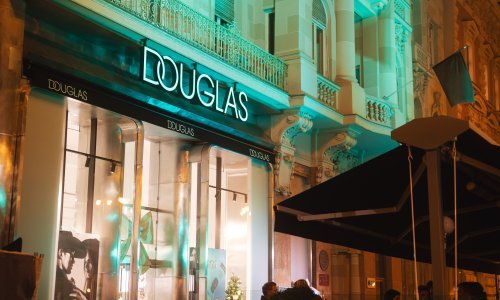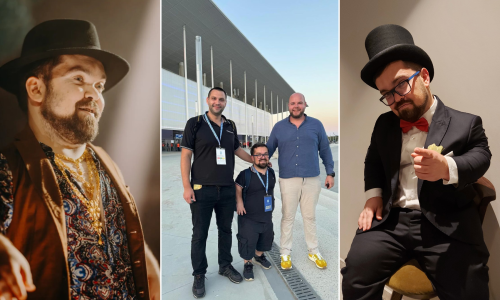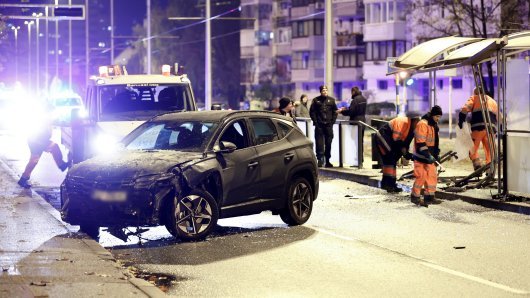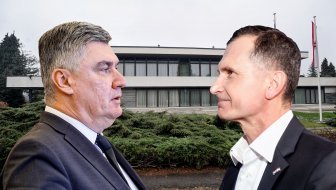War crimes prosecutors from the region and the chief prosecutor of the International Criminal Tribunal for the former Yugoslavia, Serge Brammertz, gathered on the Croatian Adriatic islands of Brijuni on Wednesday for their 5th, two-day regional conference.
Speaking to the press upon arriving in Fazana, Brammertz said it was very important for the leading prosecutors in the region to meet once a year and discuss war crimes cases. He added that last year it was established that there was still a danger of parallel investigations.
The closed working conference was being attended by delegations of the Croatian State Prosecutor's Office, the ICTY Prosecutor's Office, the Serbian War Crimes Prosecutor's Office, the Bosnian State Prosecutor's Office, the Montenegrin Supreme State Prosecutor's Office, and the prosecutor's offices of Bosnia and Herzegovina's two entities -- Republika Srpska and the Croat-Bosniak Federation -- and Brcko District.
The main goal of the conference is to discuss the cooperation between prosecutor's offices in the region, their cooperation with the ICTY Prosecutor's Office, and cooperation projects aimed at facilitating the exchange of information on war crimes cases, Brammertz's advisor Frederick Swinnen announced in The Hague.
Brammertz said in Fazana there was still a problem in communication between judicial institutions of some countries in the region.
Croatian State Prosecutor Mladen Bajic's initiative to meet once a year and discuss those problems behind closed doors is therefore highly commendable, he said.
Asked by the press what would be discussed this year, Brammertz said he would explain the ICTY's position and strategy on ongoing cases, adding that once the ICTY closed its doors, there would remain for several years a need for local prosecutors, who would be able to access the ICTY's documents.
Unfortunately, he said, there remained thousands of unsolved cases, especially in Bosnia and Herzegovina.
Everyone is talking about reconciliation and progress. Of course, it is important to look ahead, but without dealing with past crimes it is not easy to talk about reconciliation and progress, he said, adding that from the ICTY's point of view, that would be very difficult unless fugitives wartime Serb leaders Ratko Mladic and Goran Hadzc were arrested.
We will keep on insisting on their arrest, although there are other middle- and low-ranked criminals who are still in the region and must be tried, he said.
Brammertz will brief the UN Security Council about the cooperation of the region's countries with his office on June 6. Hina saw his report on Monday, in which he says that Croatia is fulfilling all of his office's requests for legal aid, but that the disappearance of artillery logs from 1995 remains unexplained.
Brammertz visited Croatia on May 4. According to his report, the authorities informed him that a government task force would continue its investigation into missing documents sought by his office as well as into other documents sought in national trials.
The assessment of Croatia's cooperation with the ICTY is crucial for closing negotiations on the "Judiciary and Fundamental Rights" policy chapter in Croatia's European Union entry talks.




